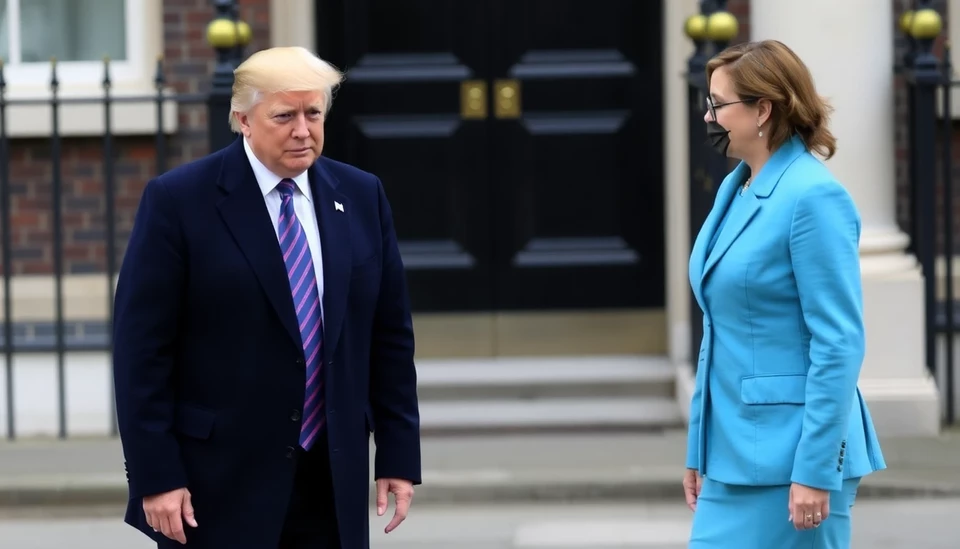
The current geopolitical landscape is increasingly tense as former President Donald Trump’s proposed tariffs on European Union goods could lead to significant divisions among EU member states, according to insights from Irish Prime Minister Leo Varadkar. This potential rift is further complicated by the upcoming 2024 U.S. presidential election and could reshape economic alliances in the region.
During a recent conference, Varadkar stressed that Trump’s return to power and his inclination towards protectionist trade policies pose a serious risk of fracturing the unity of the EU. He expressed concerns that tariffs might incite retaliation among various countries, leading to a domino effect of economic strain across the continent. Varadkar highlighted that the EU’s strength lies in its solidarity, and any moves by the U.S. to impose tariffs would test that unity.
Trump's recent remarks indicate he might revive previous tariffs imposed during his last administration, which primarily targeted goods like steel and aluminum. Varadkar's apprehension stems from the belief that these actions would prompt EU nations to respond in ways that could exacerbate existing tensions within the bloc.
Further complicating matters is the European Commission’s stance, which has indicated it may need to consider its own set of protective measures should the U.S. go ahead with aggressive tariff policies. French President Emmanuel Macron and German Chancellor Olaf Scholz have echoed Varadkar's worries about the potential economic fallout from a breakdown in transatlantic trade relations.
As the U.S. gears up for the 2024 elections, Trump’s focus on America First policies could result in an uptick in nationalist sentiments within Europe. Varadkar cautioned that this growing trend could lead to an “us vs. them” mentality, which countries in the EU must collectively resist to maintain economic and political cohesion.
Experts suggest that if these tensions escalate, smaller EU nations like Ireland, which heavily depend on trade with both the U.S. and other European countries, could find themselves in particularly precarious positions. Varadkar is advocating for proactive diplomacy among EU leaders to ensure a unified stance against prospective tariffs, emphasizing that a split in responses could embolden unilateral actions by the U.S.
As political leaders from across the EU prepare to meet in the coming months to discuss these issues, the discourse surrounding tariffs and trade could dramatically reshape relationships not just within the EU, but also between the EU and the United States. The Irish Premier's alertness to these developments highlights the critical need for dialogue to avert a trade war that could have dire implications for all parties involved.
The outcome of these discussions will be pivotal, not only for Europe's economy but also for the geopolitical landscape, which is increasingly influenced by the shifting dynamics of global trade and diplomacy.
#TrumpTariffs #EUUnity #IrishPremier #TradeWar #GlobalPolitics #EconomicImpact #Protectionism #EuropeanUnion
Author: Rachel Greene




